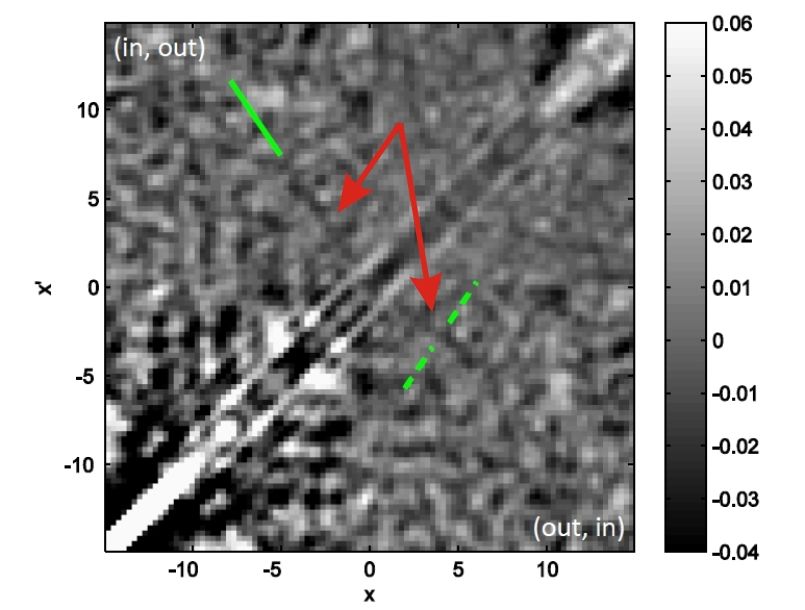In August I went to Stephen Hawking’s public lecture in the fully packed Stockholm Opera. Hawking was wheeled onto the stage, placed in the spotlight, and delivered an entertaining presentation about black holes. The silence of the audience was interrupted only by laughter to Hawking’s well-placed jokes. It was a flawless performance with standing ovations.
In his lecture, Hawking expressed hope that he will win the Nobelprize for the discovery that black holes emit radiation. Now called “Hawking radiation,” this effect should have been detected at the LHC had black holes been produced there. But time has come, I think, for Hawking to update his slides. The ship to the promised land of micro black holes has long left the harbor, and it sunk – the LHC hasn’t seen black holes, has not, in fact, seen anything besides the Higgs.
But you don’t need black holes to see Hawking radiation. The radiation is a consequence of applying quantum field theory in a space- and time-dependent background, and you can use some other background to see the same effect. This can be done, for example, by measuring the propagation of quantum excitations in Bose-Einstein condensates. These condensates are clouds of about a billion or so ultra-cold atoms that form a fluid with basically zero viscosity. It’s as clean a system as it gets to see this effect. Handling and measuring the condensate is a big experimental challenge, but what wouldn’t you do to create a black hole in the lab?
